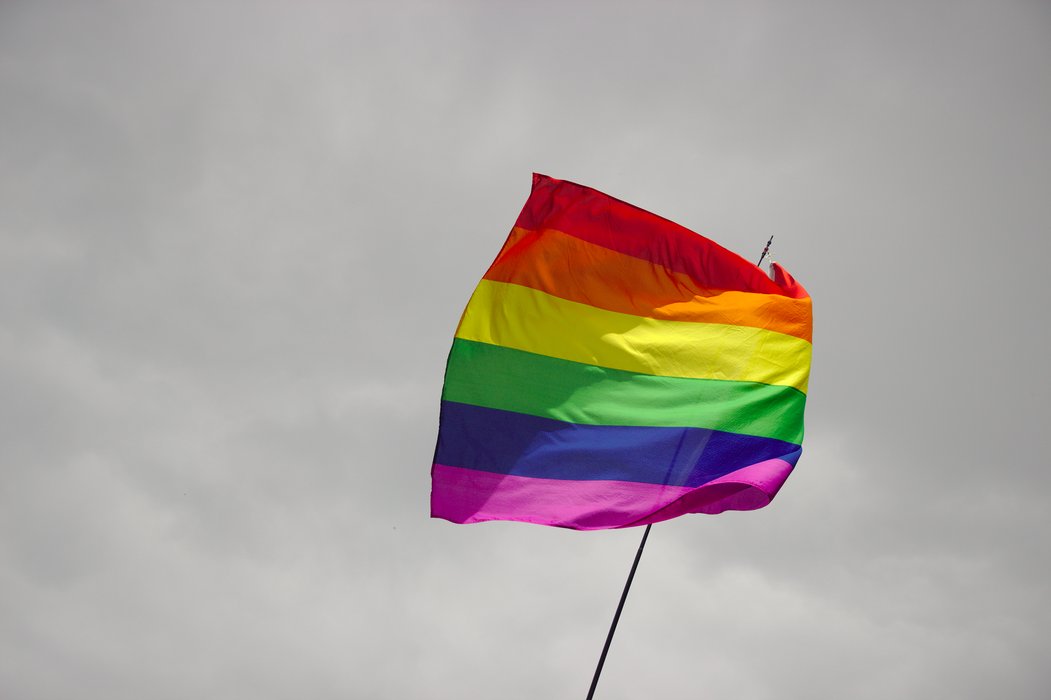
Tanzania threatens to ban groups that ‘promote’ LGBT rights https://t.co/FUNasVnSS1
— PinkNews (@PinkNews) September 9, 2016
Association
On 8th September, Deputy Minister for Health Hamisi Kigwangala said organisations that "promote" LGBTI rights would be banned and accused the gay community of spreading HIV and AIDS and undermining Tanzania's traditional values. He also announced that the government had started to "vet" gay rights CSOs in order to determine which ones should be banned. Nurdeen Supa, an activist with LGBT Voice of Tanzania, an officially registered CSO, voiced the LGBTI community's concern that the government's word and actions would further fuel discrimination against LGBTI people in the country.
Despite the fact that gay sex is codified as a criminal offence with penalties of up to 30 years in prison, Tanzania has historically been viewed as more tolerant towards LGBTI people than neighbouring Uganda. The Tanzanian LGBTI community now worries that, in the context of increasing vilification of LGBTI citizens and organisations by high-ranking government officials, draconian legal provisions could be used to prosecute LGBTI community members and persecute the CSOs supporting them and advancing their rights.
Chadema has called off its countrywide ‘defiance’ protests that were planned for Saturday October 1 https://t.co/1IspNkOwC8 pic.twitter.com/bLqAel10pz
— The Citizen Tanzania (@TheCitizenTZ) October 1, 2016
Peaceful Assembly
On 1st September, Tanzania's main opposition party, Chadema, was forced to call off a planned "day of defiance" protest after police declined to give them authorisation and suggested that they were going to disturb the peace. Whilst civil society and opposition political parties slammed the ban as unconstitutional, the Attorney General insisted that it was not only in line with the country's 1977 constitution but also justified on security grounds. Chadema's leader, Edward Lowassa, was arrested on 30th August for contravening an order prohibiting any meetings that could entice people to join in the planned demonstration.
Social media used in crackdown on LGBTI people in Tanzania https://t.co/3DAIIbwmHd via @samesame
— Alastair Lawrie (@alawriedejesus) August 9, 2016
Expression
As part of the crackdown on the LGBTI community, the government announced that it would monitor the social media accounts of citizens who identify as LGBTI, and their followers. The Minister of Justice said the following in front of a religious crowd:
“If there’s a homosexual who has a Facebook account, or with an Instagram account, all those who ‘follow’ him… are just as guilty as the the homosexual.”
When the 1st September protests were banned, the country's Attorney General issued a veiled threat against media giving coverage to any demonstration that might proceed despite the prohibition. He stated that the media had a crucial role to play in educating the public on the need to preserve and maintain peace and warned that “the repercussions [for not doing so] would affect even those that may not necessarily take part in the planned demonstrations.”
In separate developments, five men were arrested and charged with defamation, one of them for "insulting" President John Magufuli in a WhatsApp discussion group, and four for using Facebook and WhatsApp to allegedly try and turn people against the local police. The five individuals were charged with separate instances of sharing offensive content targeted at the president and police force, as codified in section 118(a) of Tanzania’s Electronic and Postal Communications Act No.3 of 2010. If convicted, they could face up to 3 years in prison or a hefty fine, according to the precedent set by a previous case in which the accused pleaded guilty to insulting the president on Facebook.